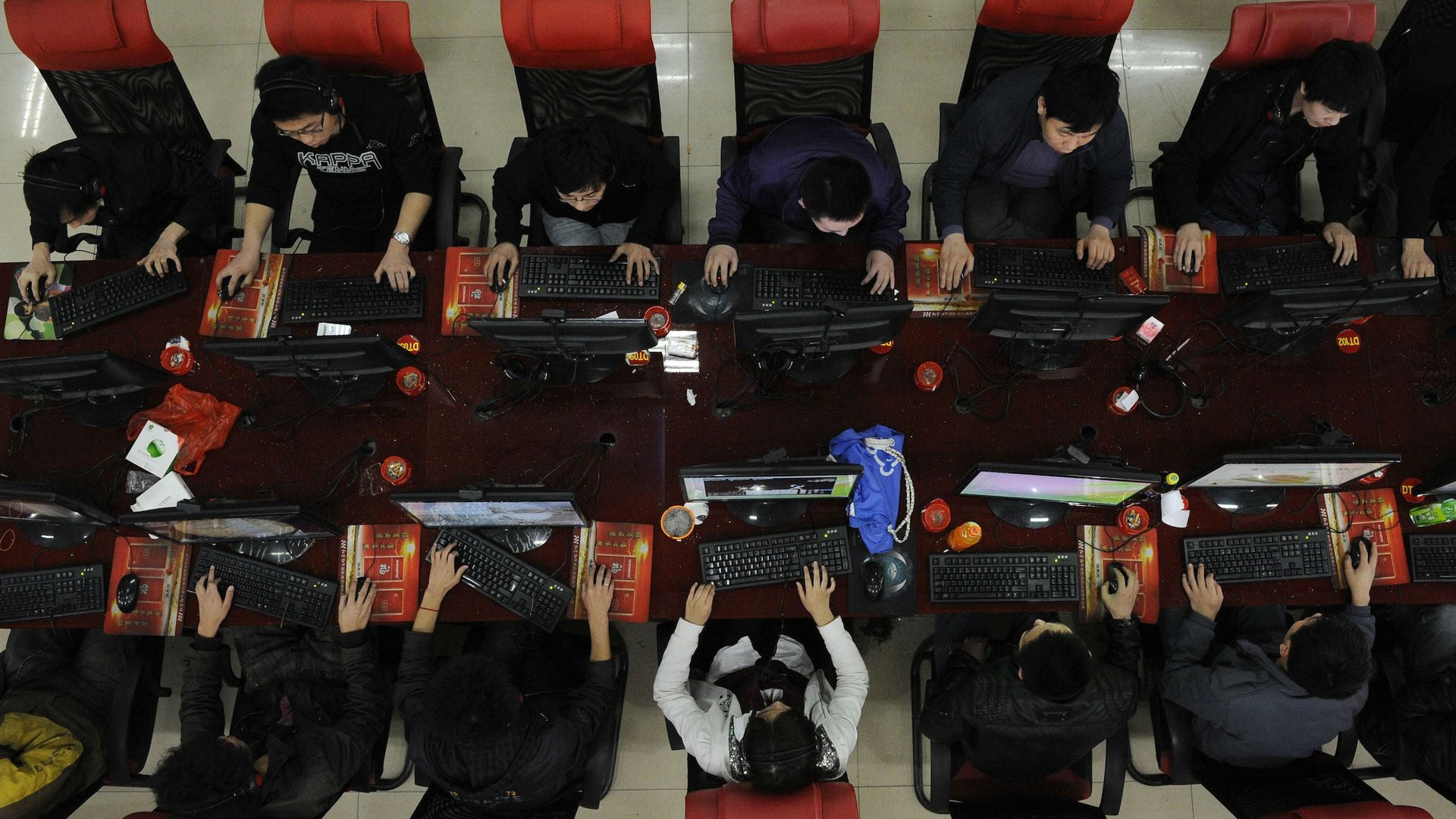How China is trying to get its citizens to censor themselves
China’s more Orwellian approaches to controlling information—blocking websites, deleting posts, shuttering the accounts of outspoken bloggers, and detaining people for spreading “rumors“—are well known. But the Chinese government is increasingly adopting a subtler strategy for controlling information: self-censorship, or what officials like to call “self-regulation.”


China’s more Orwellian approaches to controlling information—blocking websites, deleting posts, shuttering the accounts of outspoken bloggers, and detaining people for spreading “rumors“—are well known. But the Chinese government is increasingly adopting a subtler strategy for controlling information: self-censorship, or what officials like to call “self-regulation.”
Guobin Yang, a professor at the University of Pennsylvania, says that the government is shifting away from its traditionally heavy-handed, reactive approach to ”internet incidents,” referring to hundreds of discussions, videos, or other comments critical of the government that go viral in China every year. In a new study (registration required) in the journal Daedalus, Yang argues:
“The Chinese party-state continually modifies its policies and methods of containing Internet activism. No longer trying to eradicate online protests, it has shifted to managing and co-opting it, in the hopes of channeling it to its own advantage. As scholars of Chinese politics have shown, this regime adaptability is not new, but is part of a long history of political flexibility.”
There are two prongs to this approach. First, both domestic and foreign companies—including the likes of US search engine Bing or the Korean-owned messaging app Line—censor their own content in order to avoid attracting government scrutiny or reprisal.
But the government is also working to influence public opinion, allowing a certain degree of open debate on the internet with the aim of shaping those discussions, as we’ve discussed in the past.
How does this work in practice? Since 2005, dozens of local governments have been hiring internet commentators—known as wumao for the supposed ¢50-a-post state-backed bloggers receive for interjecting pro-government sentiment into online discussions and for defusing anti-Communist Party sentiment.
This is consistent with government directives, advising officials to focus less on controlling online discussion, Yang says. For instance, in 2010, a local public security department in Fujian province published a document saying internet management should combine “damming with channeling, with more focus on channeling.”
Another way the government attempts to influence public opinion via the internet is through actual government engagement. In the city of Ji’an, in Jiangxi province, Yang explains that rather than blocking bloggers’ comments or accounts, officials have been contacting bloggers, explaining the harm of their posts and encouraging them to delete or modify them of their own accord.
And then there’s the more aggressive public outreach that’s been happening of late. As of October there were 100,151 government Weibo accounts (paywall). State media agency Xinhua now features a section on public opinion and viral internet postings. Even Chinese president Xi Jinping may have an account; though it’s not officially his, the account is believed to be sanctioned by the leader (paywall) and possibly operated by someone close to him.
Will these techniques successfully undermine internet activism in China? Yang for one is skeptical. ”[G]overnment efforts to suppress Internet activism–aimed as they are at only expressions of discontent–would be futile without resolving the deeper causes,” he writes.